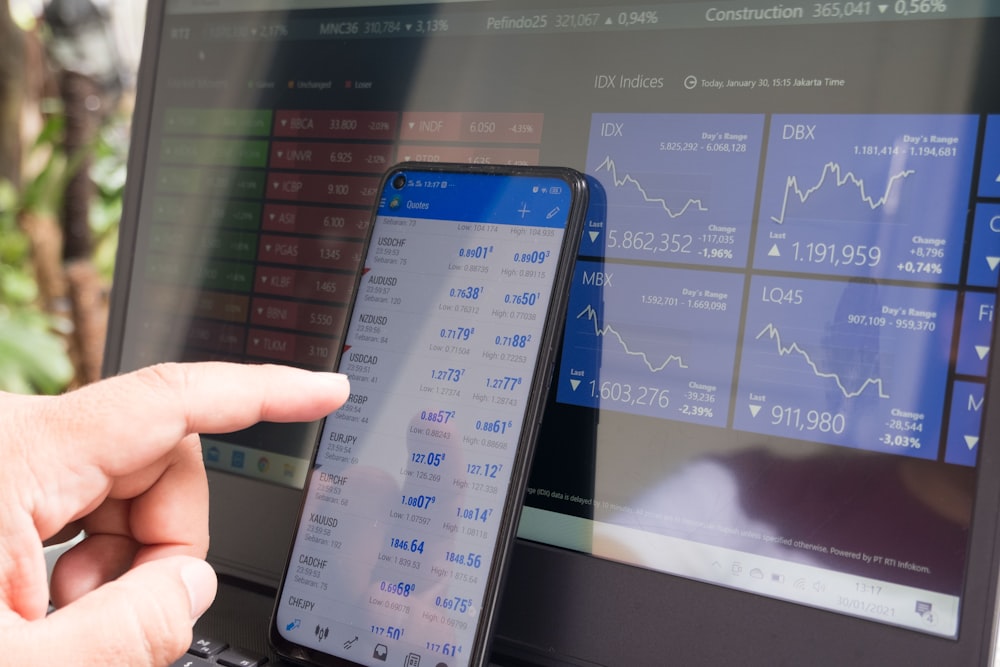
ASIA MARKETS OPENAsian market sentiment may tread lightly on Tuesday after receiving mixed economic signals from China, causing ripples of concern among investors. This cautious stance is further compounded by unsettling political developments in major economies, including the unexpected resignation of Canada’s finance minister and a troubling vote of no confidence against Germany’s Chancellor. Additionally, a surprise credit rating downgrade for France last Friday adds to the uncertainty, potentially prompting investors to dial back risk as they brace for a week crowded with central bank decisions from the G10 nations.In contrast, the US market atmosphere was decidedly upbeat, especially the Nasdaq, which soared to its 36th record close of the year, buoyed by the enduring “There Is No Alternative” (TINA) sentiment. This bullish mood is further fueled by the anticipation of an impending rate cut by the Federal Reserve on Wednesday, which investors hope will further bolster the already vigorous U.S. market.This optimism starkly contrasts with the downturns in Asia and Europe, where markets faltered on Monday following disappointing data from China. Consequently, there appears to be a significant global capital shift towards the U.S. markets. Driven by the “There Is No Alternative” (TINA) effect and further fueled by America’s leading role in AI development, the U.S. is currently the envy of global financial and economic sides. The US productivity surge has led global investors to pour unprecedented amounts of capital into the U.S., more than any other country in recent history. As a result, U.S. tech stocks are being snapped up like last-minute Christmas gifts, continuously lifted by this overwhelming investor confidence.
BITCOINBitcoin has surged to new heights, breaking records as it soared past the $105,000 mark for the first time. This rally was fueled by comments from U.S. President-elect Donald Trump, who hinted at a proactive stance towards cryptocurrencies in a recent interview with CNBC’s Jim Cramer. Trump discussed the possibility of establishing a strategic Bitcoin reserve, akin to the United States’ strategic oil reserve, aiming to position the U.S. as a leader in the cryptocurrency space.This bullish sentiment is compounded by MicroStrategy’s inclusion in the Nasdaq 100. MicroStrategy, known for its massive Bitcoin holdings of nearly 425,000 coins—valued at approximately $45 billion and representing about 2% of Bitcoin’s total market cap—has seen its stock soar. Current momentum suggests that Bitcoin’s price could soon test the $110,000 threshold as the crypto community reacts to these potentially transformative developments.
FOREX MARKETSThe yen is currently a sitting duck, particularly as we approach 2025. Despite being one of the two currencies I consider dark horses for the upcoming year (the other is the Sterling), it’s currently vulnerable to bullish sentiment surrounding the US dollar amid climbing US yields after the Bank of Japan failed to signal an imminent rate hike via the Nikkei over the weekend. Yesterday, markets had assigned a merge 20% chance of a rate hike, although arguably it was more like 0%. Contrary to my view, many traders in my network anticipate the USD/JPY pair to climb progressively throughout 2025, propelled by rising Treasury yields. we touched on the strengthening U.S. dollar, anticipating a potentially longer and earlier pause by the Fed than the markets currently expect. Michelle Bowman echoed this perspective at a Missouri Bankers Association on Dec 6). Bowman emphasized the risks to price stability, suggesting that the U.S. is nearing full employment—a sign that further rate cuts might not be as forthcoming.Bowman’s remarks underscore a notable divergence within the Federal Reserve itself. She challenged the view, often echoed by Chair Jerome Powell and others, that current interest rate levels are restrictive, especially given the robust economic growth and strong consumer spending buoyed by the “wealth effect.” Her skepticism about further reducing rates is a sentiment that seems increasingly resonant among some Fed officials despite ongoing debates about the true restrictiveness of current policy settings.Adding to this, the narrative from Nick Timiraos of The Wall Street Journal—often dubbed the “Fed whisperer”—suggests internal contention and uncertainty among Fed policymakers. Timiraos hinted that the upcoming Summary of Economic Projections might indicate a slower pace of rate reductions, a sentiment echoed by Goldman Sachs’ Jan Hatzius, who recently removed a January rate cut from their forecast.These developments reflect a broader caution within the Fed, as voiced by Bowman and observed in the evolving policy discourse. They suggest that we might shift towards a more conservative approach in monetary policy as 2025 approaches. This potential shift could solidify the dollar’s position against global economic uncertainties and redefine market expectations for U.S. monetary policy in the near term.More By This Author:
US Markets Sizzle, While Global Markets Fizzle

